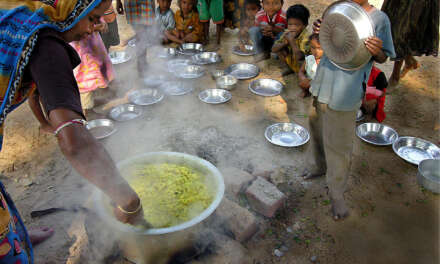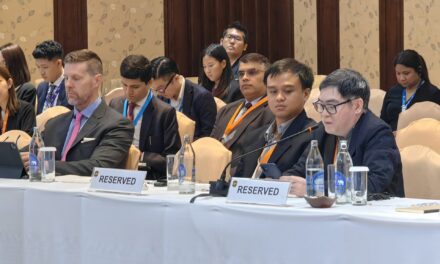Highlights of the Discussions
We are facing a global water crisis. Never has there been such pressure on water resources and such water scarcity as we have now.
In this context of scarcity and crisis in resources, here are the key issues that came out from the workshop:
First, a number of country cases have shown how the water crisis is being manipulated by International Finance Institutions (IFI) to drive water grabbing; an example would be World Bank and International Monetary Fund in Indonesia and the Asian Development Bank in the Philippines which have been behind the takeover of water resources and services by corporations and private companies.
These IFI projects are transforming water into private property and tradable economic good through these means:
- Tariff increases in India, Indonesia, Philippines (and other practices including equity issue, introduction of water metres and elimination of public taps) have been directed mostly against the poor.
- Public-Private Partnerships or PPPs have allowed corporations to be in charge of water service delivery through privatization; the contracts that cover these partnerships are non-transparent.
- Private water corporations are not delivering their promise of being more efficient; mismanagement has led to accumulation of debt and bankruptcies of private companies, and is resulting in water service scarcity.
Second, there is a nexus of water-land-energy sources and impacts of resource grabbing on these sectors, as seen in the following:
- Large-scale irrigation projects and hydropower in Thailand and the Mekong countries have negative impacts on food security, rice cultivation and river-based livelihoods especially among fisher folk.
- This new phenomenon of hydrological fracturing or “fracking,” or the extraction of unconventional gas from rock formations which presents high risk of water contamination and depletion as seen in what’s happening in Europe (Poland), South Africa, China, US, Canada and other parts of the world.
This nexus shows that there are many expressions of water grabbing—from the privatisation of water service delivery to the capture of water resources.
Third, while communities, as activists and civil society resist water grabbing by building strong mass movements, effective alliance building among various actors (workers, civil society, academics, public water managers) and concrete democratic and pro-poor alternatives also abound. The case of Thailand’s public water utility shows that the public sector can be efficient, can earn and not increase tariff at the same time, and institutionalize public ethos and information disclosure of their water quality, deliberations of meetings and expenditures. Other alternatives include public-public partnerships (PuPs), partnerships between communities and non-profit organizations which are rediscovering and reinvigorating traditional water practices and wisdoms of communities, especially in the Mekong.
Recommendations
- The land-energy-water nexus is a threat because it draws together many commercial actors in the capture of water resources, but it is also an opportunity. The proposal is to build on this nexus in our alliance work, especially by effectively building alliance across different issue-based groups and at different levels, from local/national to regional/international. Civil society should form alliances to resist corporate capture of water resources.
- Uphold the human rights approach to water governance, especially in terms of allocation, distribution and resource management. Uphold the UN Resolution that water is a human right not a private property, not a commodity, not a tradable economic good, not simply a factor of production. Water is part of the commons and should not be transformed to a commodity.
- Promote alternatives such as inspiring examples of public power and public water service provision in Thailand that challenge private companies; promote traditional ways of water management by communities, especially indigenous peoples and rural folks.
- Pressure governments in Asia and Europe into enacting effective pro-poor government policies.
Ensure a continuing process of dialogue and learning process/exchanges among different actors and groups including government officials and public water operators on alternative models of water management/governance, public financing, paradigm of development and people-centred proposals of managing water resources and service provision.







![[IN PHOTOS] In Defense of Human Rights and Dignity Movement (iDEFEND) Mobilization on the fourth State of the Nation Address (SONA) of Ferdinand Marcos, Jr.](https://focusweb.org/wp-content/uploads/2025/07/1-150x150.jpg)

